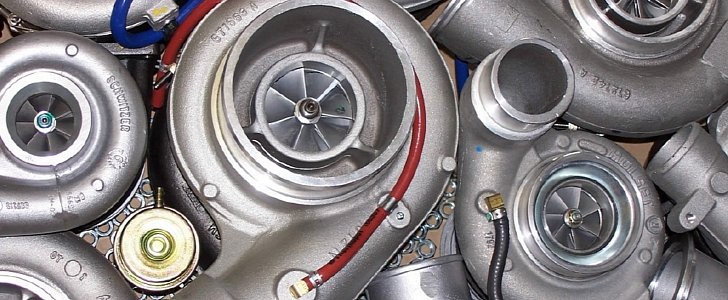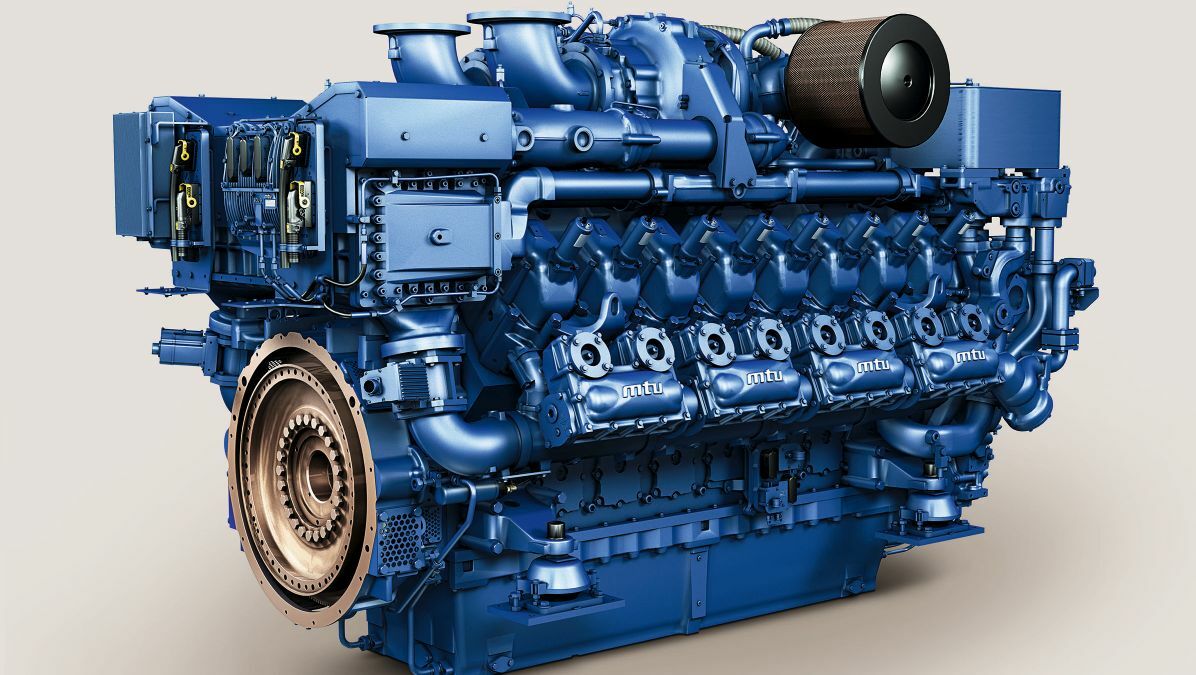Engines For Africa: Your Trusted Companion for Motor Demands
Engines For Africa: Your Trusted Companion for Motor Demands
Blog Article
A Total Guide to Selecting the Right Engine for Your Project
Selecting the suitable engine for your task is a critical decision that can dramatically affect its total success. Each of these components plays a pivotal function in ensuring that your chosen engine not just satisfies instant objectives but also lines up with lasting goals.
Specify Your Project Needs
Specifying your task needs is an essential action in choosing the ideal engine for successful implementation. A comprehensive understanding of your job's purposes will direct you in determining the functions and abilities called for from an engine. Begin by laying out the scope of your job, including the wanted functionality, target market, and the certain end results you intend to achieve.
Next, think about the technical needs that line up with your project objectives. This includes reviewing the compatibility of the engine with existing systems, as well as the programming languages and structures that will be made use of. In addition, analyze the degree of scalability required to fit future development or modifications sought after.
Budget plan restrictions additionally play an essential function in defining your job needs. Develop a clear economic structure to assist your decision-making procedure, guaranteeing that the engine chosen fits within your spending plan while offering the necessary functionality.
Evaluate Performance Needs

Next, think about the scalability of the engine. Examine whether it can handle raised work as your project expands. Engines that support horizontal scaling are typically preferable for bigger applications. In addition, examine the engine's efficiency under various problems, such as peak usage situations, to guarantee it meets your reliability criteria.
Consider Convenience of Usage
While technological specs are necessary, the ease of use of an engine can substantially affect the growth process and total project success. An intuitive interface, clear documents, and streamlined process can drastically decrease the knowing curve for developers, enabling them to concentrate on creativity and analytical instead than grappling with complicated devices.
When reviewing an engine's ease of usage, consider the onboarding experience. A well-structured intro, full with tutorials and example projects, can promote a smoother change for brand-new individuals. Furthermore, the clearness and comprehensiveness of the engine's documents play a crucial function; comprehensive overviews and API referrals can empower programmers to troubleshoot and carry out features effectively.
An engine that enables for very easy alterations can be much more user-friendly, as developers can tailor it to fit their certain needs without extensive headache. Ultimately, choosing an engine that focuses on simplicity of use can lead to a much more enjoyable and effective growth experience.
Assess Community and Assistance
The stamina of an engine's area and support network can substantially affect a developer's experience and success. A dynamic neighborhood frequently indicates a wealth of shared knowledge, sources, and repairing support that can boost your task's advancement process. When evaluating an engine, consider the size and task level of its neighborhood. Bigger neighborhoods generally offer much more forums, tutorials, and third-party plugins, allowing designers to locate solutions a lot more effectively.
Moreover, examine the availability of official assistance have a peek here networks. Reliable documentation, receptive customer look at more info support, and routine updates are important for attending to technological problems and keeping your project on course. Engines For Africa. Active communities additionally foster cooperation, supplying opportunities for networking and comments, which can be vital, especially for little groups or independent developers
Furthermore, check out the visibility of community-run events, such as hackathons or meetups. These celebrations can improve your understanding of the engine while attaching you with knowledgeable customers and prospective collaborators. In summary, a robust community and assistance system not only streamline development however likewise develop a setting conducive to learning and advancement, inevitably improving the chance of your task's success.
Compare Price and Licensing Alternatives
Budget plan factors to consider play a vital duty in picking the best engine for your job, as the price and licensing options can dramatically affect both temporary expenditures and long-lasting practicality. Engines For Africa. Various engines use varying rates structures, which can consist of one-time purchase charges, membership designs, or revenue-sharing agreements based on your task's earnings

Licensing choices likewise vary dramatically. Some engines are open-source, providing versatility and community-driven support, while others might need exclusive licenses that limit use and circulation. Recognizing the effects of each licensing version is important, as it influences possession legal rights, future scalability, and potential lawful commitments.
Verdict
In verdict, selecting the ideal engine for a project necessitates a complete examination of defined task requirements, efficiency demands, ease of usage, community support, and expense factors to consider. By systematically resolving these important factors, decision-makers can make sure alignment with both current and future project demands. A knowledgeable selection eventually improves the probability of task success, making it possible for effective resource allocation and her response taking full advantage of prospective outcomes within the specified monetary restraints.
Picking the proper engine for your job is a vital decision that can dramatically influence its general success.Defining your project requires is an essential step in selecting the proper engine for effective execution. A thorough understanding of your project's objectives will lead you in determining the functions and capacities needed from an engine.As soon as you have a clear understanding of your project requires, the following step is to assess the efficiency demands of the engine.In verdict, picking the appropriate engine for a project demands a detailed examination of specified job requirements, efficiency demands, ease of usage, neighborhood support, and price factors to consider.
Report this page